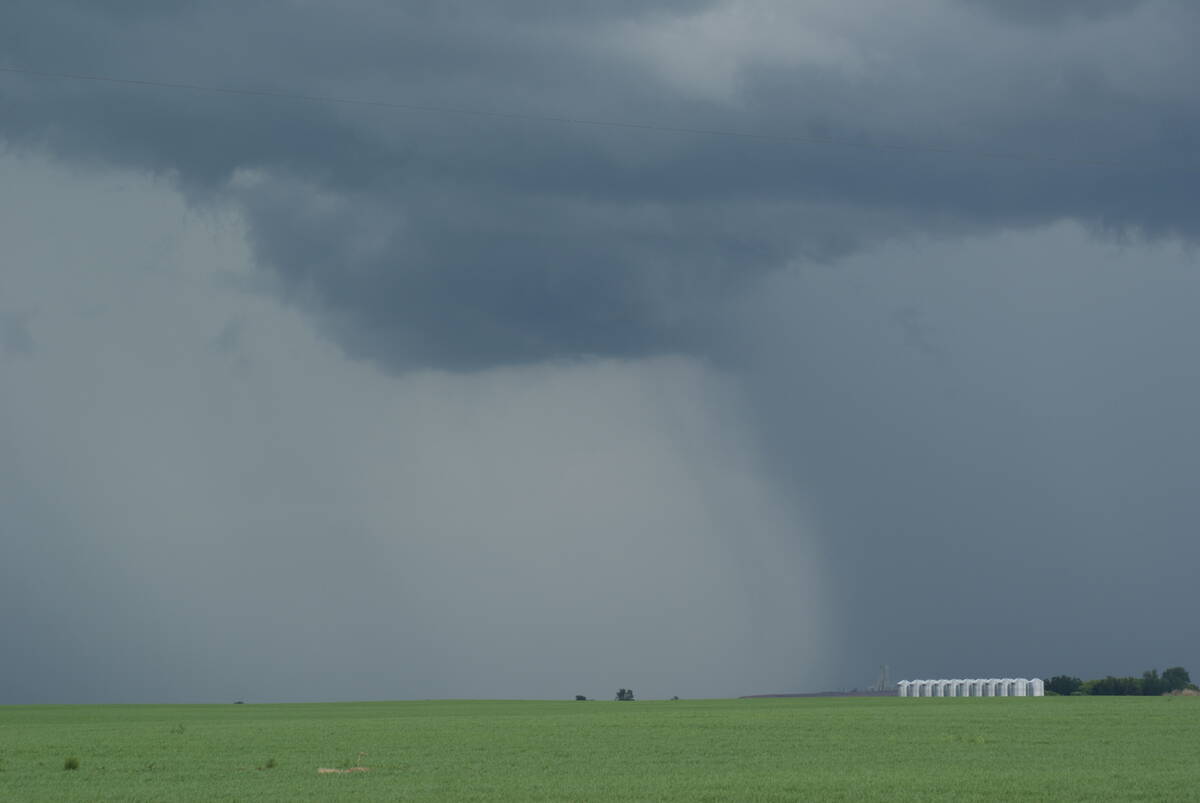Questions are swirling about the kind of tone and direction the new Liberal government will choose to take in Parliament.
All eyes are on the members of prime minister Justin Trudeau’s cabinet, but what about all those who weren’t appointed to the cabinet? Will they start to matter again?
Above all, will Parliament itself start functioning again?
During its nearly 10 years in office, former prime minister Stephen Harper’s government was criticized for silencing its backbench MPs, ignoring parliamentary tradition and manipulating procedure rules for partisan purposes.
Read Also

Canadian farmers need new tools to support on-farm innovation
Farmers need a risk management buffer that actually works and investment that drives advancements forward if Canada is to build resilience.
All speeches, questions, member statements, blog posts and mail-outs written by backbenchers were routinely vetted by the Prime Minister’s Office.
More than once, members’ statements, which were historically used at the start of question period to congratulate a constituent’s individual accomplishments or extend sympathies when community leaders passed away, were filled with partisan jabs, misleading talking points and general nastiness.
That nastiness would sometimes make its way into Parliament’s main foyer as backbenchers were trotted out in front of the Parliamentary Press Gallery armed with accusations of opposition misdemeanours.
It was a similar story in committee, where historically much of Parliament’s work is done.
Opposition MPs regularly complained that witness lists were stacked with Conservative supporters. Questions to witnesses were often leading and laced with partisan positions, while witnesses whose testimony did not side with the government’s desired position were sometimes humiliated or, worse, berated.
It must be noted that the agriculture committee was known on the Hill for its tendency to engage in a more civil tone than some of its counterparts. This civility was apparent during the many emergency meetings held during the 2013-14 grain transportation crisis, where all sides were actively seeking a solution to the problem.
Yet, even then the government rejected opposition amendments, minus a handful of minor changes that fixed typos and translation issues.
Dissenting reports from opposition committee members were commonplace, while protest filibusters (both at committee and in the House) were not uncommon.
Co-operation between parties was often hard to find.
Trudeau, like many politicians elected before him, has promised more accountability and transparency in Parliament, with democratic reform a key plank in his campaign platform.
The 32-point plan includes a promise to reform question period so that one day a week is solely dedicated to questions to the prime minister. It’s unclear whether the prime minister would be obliged to attend other question periods during the week.
Trudeau has also promised to allow free votes on everything except legislation that implements platform promises, budget measures and matters involving freedoms guaranteed in the charter of rights. The free votes, the party has said, would be a way to empower backbench MPs.
Then there’s the prime minister’s relationship with the media.
Trudeau raised eyebrows when he held a news conference with parliamentary reporters in the National Press Theatre, the first time in seven years. He’s promised that he will be back to take more questions from reporters, a trend one can only hope will continue throughout his term.
Still, there is much work to be done on the media relations front.
First and foremost is allowing reporters to speak to experts in the government departments, a practice that has been replaced with canned talking points via email, often delivered hours after deadlines.
If transparency and open government is truly going to occur in Ottawa, Trudeau must ensure that the bureaucracy is also onboard.
Trudeau has also said he will strengthen Canada’s access-to-information laws, a source of much frustration for journalists, stakeholders and politicians who too often have received pages and pages worth of heavily redacted documents.
Under Trudeau’s plan, the information commissioner would be given the power to issue binding disclosure orders. Trudeau has also promised to expand the law to include the Prime Minister’s Office and cabinet ministers’ offices.
It’s a long list of promises, one that, if followed through, could result in a different Parliament.














